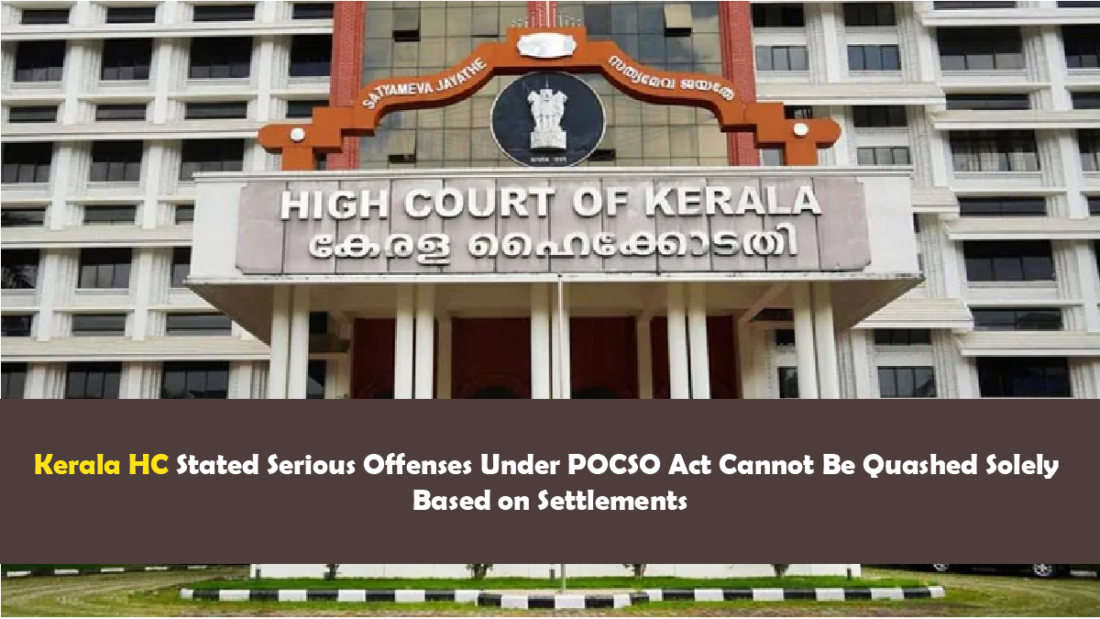Facts of the Case
This case revolves around allegations under Sections 341 and 354A of the Indian Penal Code (IPC), along with Sections 7, 8, 11(1), 12, and 18 of the Protection of Children from Sexual Offences (POCSO) Act, 2012. The accused was alleged to have molested a 15-year-old girl on two occasions. In one instance, he restrained her while she was learning to ride a bicycle and acted with sexual intent. On another occasion, he wrongfully restrained her, commented on her physical development, and attempted to touch her inappropriately.
The de facto complainant, the victim in this case, later filed a petition under Section 528 of the Bharatiya Nagarik Suraksha Sanhita (BNSS), 2023, seeking to quash the charge sheet on the grounds that the matter had been settled, and the complaint was based on a misunderstanding of facts.
Contentions of the Petitioner
The petitioner, the de facto complainant, argued that the allegations were based on a misunderstanding and sought to quash the proceedings in light of an amicable settlement with the accused. The petitioner submitted an affidavit asserting her decision not to proceed with the prosecution and urged the court to consider the settlement as grounds for quashing the case.
Contentions of the Respondent
The prosecution opposed the petition, emphasizing the seriousness of the allegations and their impact on societal interests. Citing precedents, the learned Public Prosecutor contended that offenses under the POCSO Act are crimes against society and cannot be trivialized by private settlements. The prosecution argued that the evidence presented prima facie established the commission of the offenses, necessitating a trial.
Court’s Observations
The Kerala High Court examined the legal question of whether cases involving offenses under the POCSO Act could be quashed based solely on a settlement between the complainant and the accused. Referring to the Supreme Court’s decision in Ramji Lal Bairwa v. State of Rajasthan (2024 INSC 846), the court reiterated:
“Serious offenses under the POCSO Act could not be settled and the same is a crime against the public at large and against the interest of the children, who were intended to be protected by the enactment.”
The court underscored that such offenses are not private disputes and that societal interests must take precedence. It observed that quashing proceedings solely on the ground of settlement would undermine the protective intent of the POCSO Act.
The court further noted that, based on the evidence, the trial court had previously dismissed the accused’s discharge plea, finding prima facie materials supporting the prosecution’s allegations. Thus, the settlement claimed by the de facto complainant could not override the need for a trial.
Court’s Order
The court dismissed the petition filed by the de facto complainant, stating that the settlement did not negate the prima facie case established by the prosecution. It held that quashing proceedings in such serious offenses would be contrary to public interest and the objectives of the POCSO Act.
Credits: Deeksha Rai
 Cart is empty
Cart is empty 

